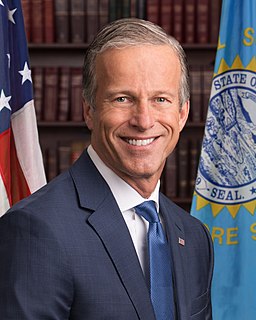A Quote by Donald Berwick
The Holy Grail of universal coverage in the United States may remain out of reach unless, through rational collective action overriding some individual self-interest, we can reduce per capita costs.
Related Quotes
Since the days of Harry Truman, Democrats have wanted universal health coverage, believing that if other industrialized countries can achieve it, surely the United States can. For Democrats, universal coverage speaks to America's sense of decency and compassion. Democrats also believe that it will lead to a healthier and more productive country.
Bacon's portraits are an interrogation on the limits of the self. Up to what degree of distortion does an individual still remain himself? To what degree of distortion does a beloved person still remain a beloved person? For how long does a cherished face growing remote through illness, through madness, through hatred, through death still remain recognizable? Where is the border beyond which a self ceases to be a self?
The main characteristic of collectivism is that it does not take notice of the individual's will and moral self-determination. In the light of its philosophy the individual is born into a collective and it is "natural" and proper for him to behave as members of this collective are expected to behave. Expected by whom? Of course, by those individuals to whom, by the mysterious decrees of some mysterious agency, the task of determining the collective will and directing the actions of the collective has been entrusted.
Here in the United States we're now consuming about three gallons of petroleum per person per day. That's twenty pounds of oil per person per day. We only consume about four pounds of oxygen per person per day. We're consuming five times more oil each day, here in the United States than we are oxygen. We've become the oil tribe.
What Medicaid basically does is allows them to choose the two base years that they would calculate current their reimbursement levels on. And they all have per-capita allotments based upon what the states are experiencing today in terms of Medicaid costs. And then those are inflated over the years, the next decade, increased at the rate of inflation. And so they have to figure out how to take those dollars and put them to the best use in the state.
The vigor of a mass movement stems from the propensity of its followers for united action and self-sacrifice. When we ascribe the success of a movement to its faith, doctrine, propaganda, leadership, ruthlessness and so on, we are but referring to instruments of unification and to means used to inculcate a readiness for self-sacrifice. It is perhaps impossible to understand the nature of a mass movement unless it is recognized that their chief preoccupation is to foster, perfect and perpetuate a facility for united action and self-sacrifice.
Every major country on earth, whether it's the U.K., whether it's France, whether it's Canada, has managed to provide healthcare to all people as a right and they are spending significantly less per capita on health care than we are. So I do not accept the belief that the United States of America can't do that.




































